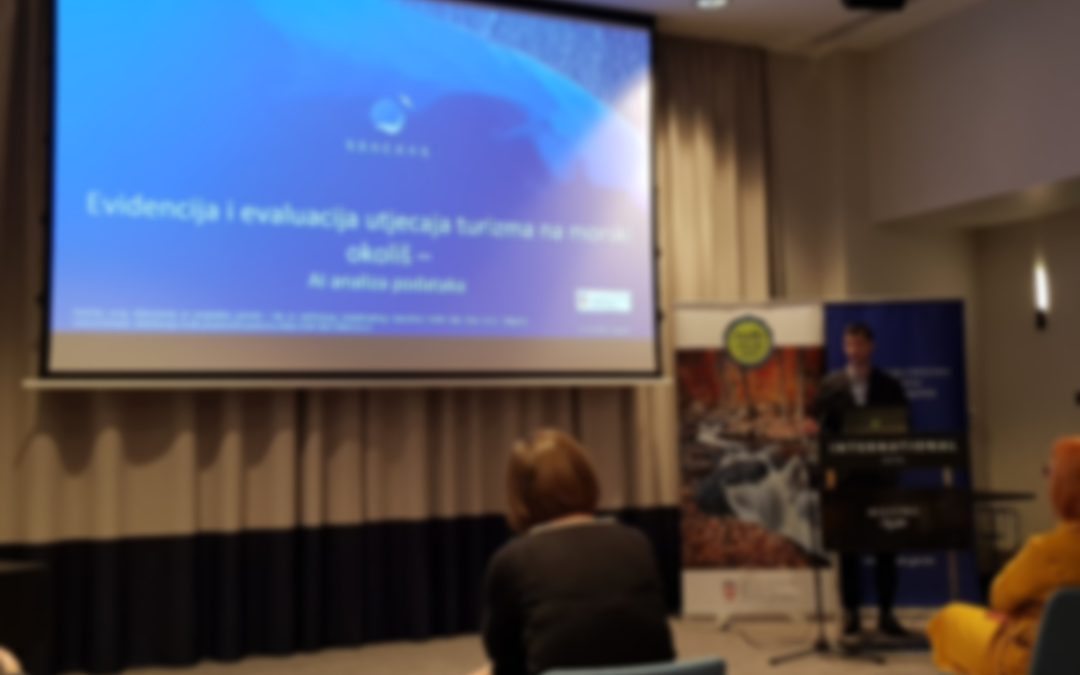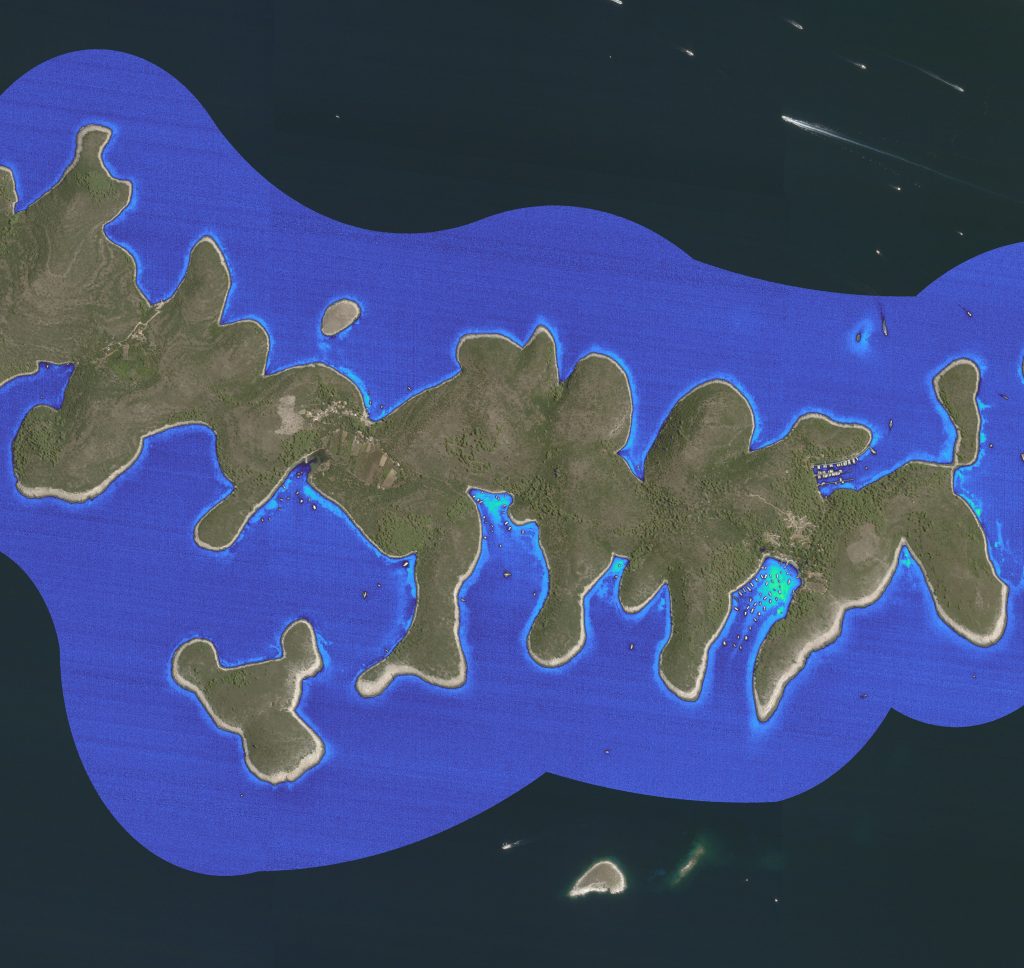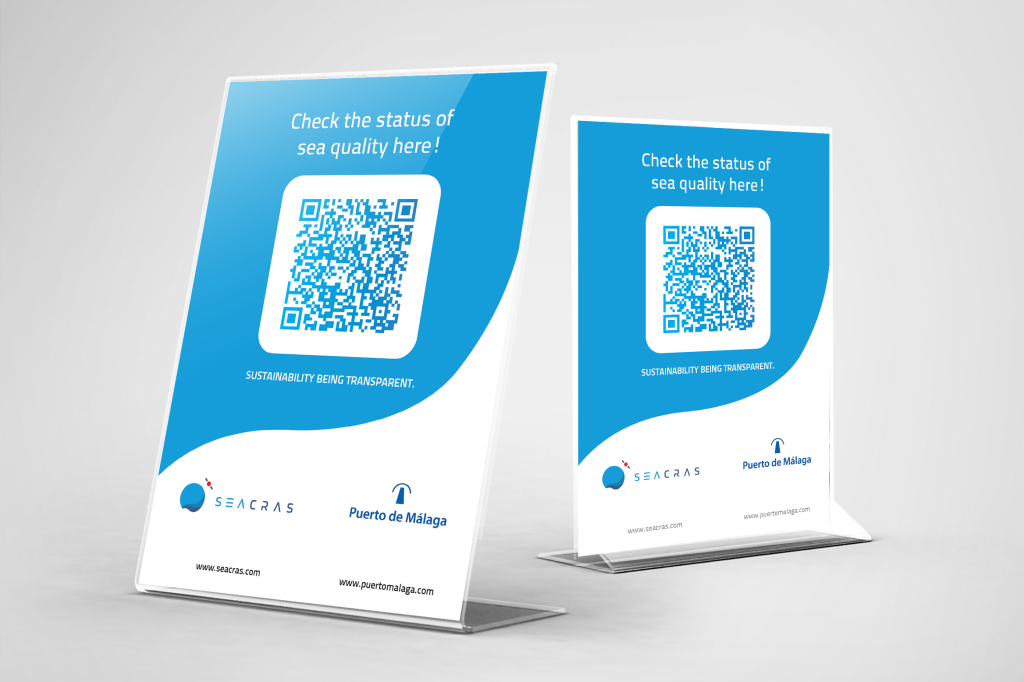
SeaCras Joins Workshop on ‘Strengthening Tourism Resilience to Climate Change’
SeaCras was invited to deliver a presentation on December 11, 2024, at the workshop Strengthening Tourism Resilience to Climate Change organized by the Ministry of Tourism and Sports of the Republic of Croatia. The goal of the workshop was to raise awareness among tourism professionals about the impacts of climate change, its associated risks, and adaptation opportunities to strengthen the resilience of local communities.
The target audience for the workshop included tourism stakeholders, potential investors, owners of tourist facilities, project managers and technical experts, the scientific and professional community, local residents, and the general public.

Image 1. AI analysis of marine conditions at Paklinski Islands, Croatia. The Paklinski Islands are one of the most attractive destinations for sailors and boaters.
Our presentation, titled Documenting and Evaluating Tourism’s Impact on the Marine Environment: AI Data Analysis, focused on demonstrating how a better understanding of data can help enhance tourism resilience to climate change. We highlighted specific, successful examples from our Adriatic partners, such as cruise ports in Dubrovnik, Korčula, and Zadar, as well as protected areas like Telašćica Nature Park and Brijuni National Park.
We showcased the functionality of some of our products, including the SeaCras app — an innovative marketing tool designed to demonstrate investments in the sustainability of destinations and marine ecosystems — and our ESG reporting services tailored for coastal tourism stakeholders.

Image 2. Flyer with a QR code for accessing the SeaCras application, launched in the port of Málaga.
Behind the user-friendly interface of the SeaCras application, designed to engage all age groups of guests and local residents, lies complex and robust AI analysis of various environmental datasets — covering marine, atmospheric, and coastal conditions. First developed in 2020, the application is now used by a growing number of tourism stakeholders across three continents. Tourism stakeholders who can immediately benefit from our application include hotels, resorts, seaside campsites, marinas, and beach concessionaires.
We view it as a positive development that climate security and environmental sustainability are increasingly becoming part of the business practices of tourism stakeholders and a more significant topic among local communities. And technology plays a critical role in supporting this transition.
A big thank you to the team from the Directorate for Sustainable Development and Competitiveness of Tourist Destinations, as well as other members of the Ministry of Tourism and Sports, for organizing the workshop and extending the invitation.